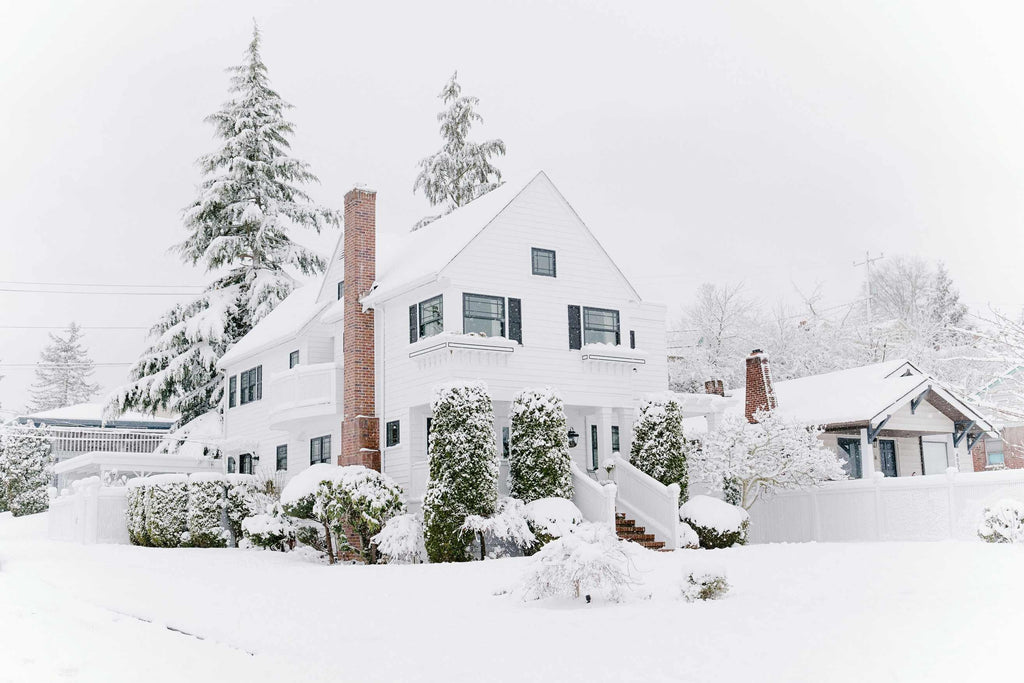How to Maintain Indoor Air Quality in Winter?

Winter is known to increase the chances of respiratory issues among people, such as acute colds and coughs, the inability to breathe properly, and more.
You think staying inside might help improve your respiratory health. However, winter also decreases the quality of indoor air, which might slow down your recovery.
Why does indoor air quality decrease during winter? Here are the top reasons.
Lack of Airflow
We keep our windows and doors closed during winter. Outside air can’t get inside your house thus reducing the air circulation. Lack of airflow causes the accumulation of pollutants over time.
You constantly get exposed to these pollutants, causing allergies, asthma attacks, headaches, and more.
Temperature Inversion
In winter, we see immediate and massive temperature drops. This causes the air near the surface of the Earth to get colder and lets the warm air rise. Since the cold air is trapped below warm air, it also traps all the contaminants and pollutants in the cold air near the surface. For example, dust, smoke, carbon dioxide, and more get trapped in the cold air and stay longer.
Constant exposure to such pollutants deteriorates our respiratory health during winter.
Products We Use During Winter
During winter, we use scented candles, wood, gas-fired stoves, and more. These products release many pollutants, including VOCs and carbon dioxide, into the indoor air. Temperature inversion and lack of airflow also increase the chances of low indoor air quality, thus increasing respiratory issues.
Indoor Air Humidity
In winter, the air gets dry. Breathing dry air irritates the bronchial tubes and lungs, which can cause allergic reactions, coughing, sneezing, and more. It can also weaken the immune system, making you prone to the flu.
Ways to Improve Indoor Air Quality During Winter
- Install an Air Purifier in Your Home or Office Space. Air purifiers with HEPA filters can remove 99.99% of indoor air pollutants. Periodically switch on the air purifiers in your home to purify the indoor air.
- Open Windows Periodically. It can be difficult to open windows when it’s freezing outside. However, the quick circulation of outdoor air through the windows can drastically change and improve indoor air quality.
- Change Air Purifier Filters. Make sure to change the air purifier filter from time to time. You must also get new filters for your HVAC to ensure clean air is circulated in the house.
- Install Air Quality Sensors. Installing air quality sensors in your house will allow you to monitor the levels of pollutants such as carbon monoxide, VOCs, and radon and help you take the right action to reduce their harmful effects.
- Store Chemical Products Safely. Store chemical products such as cleaners in a ventilated space to avoid fumes. You can also switch to natural cleaners to avoid harmful chemical pollutants.
Bottom Line
Winter can be a tough season for respiratory health.Hence, you must ensure harmful pollutants don’t accumulate in the indoor air.
If you want to learn more about how portable air purifiers for homes, offices, and commercial spaces can improve indoor air quality, keep following our blog.